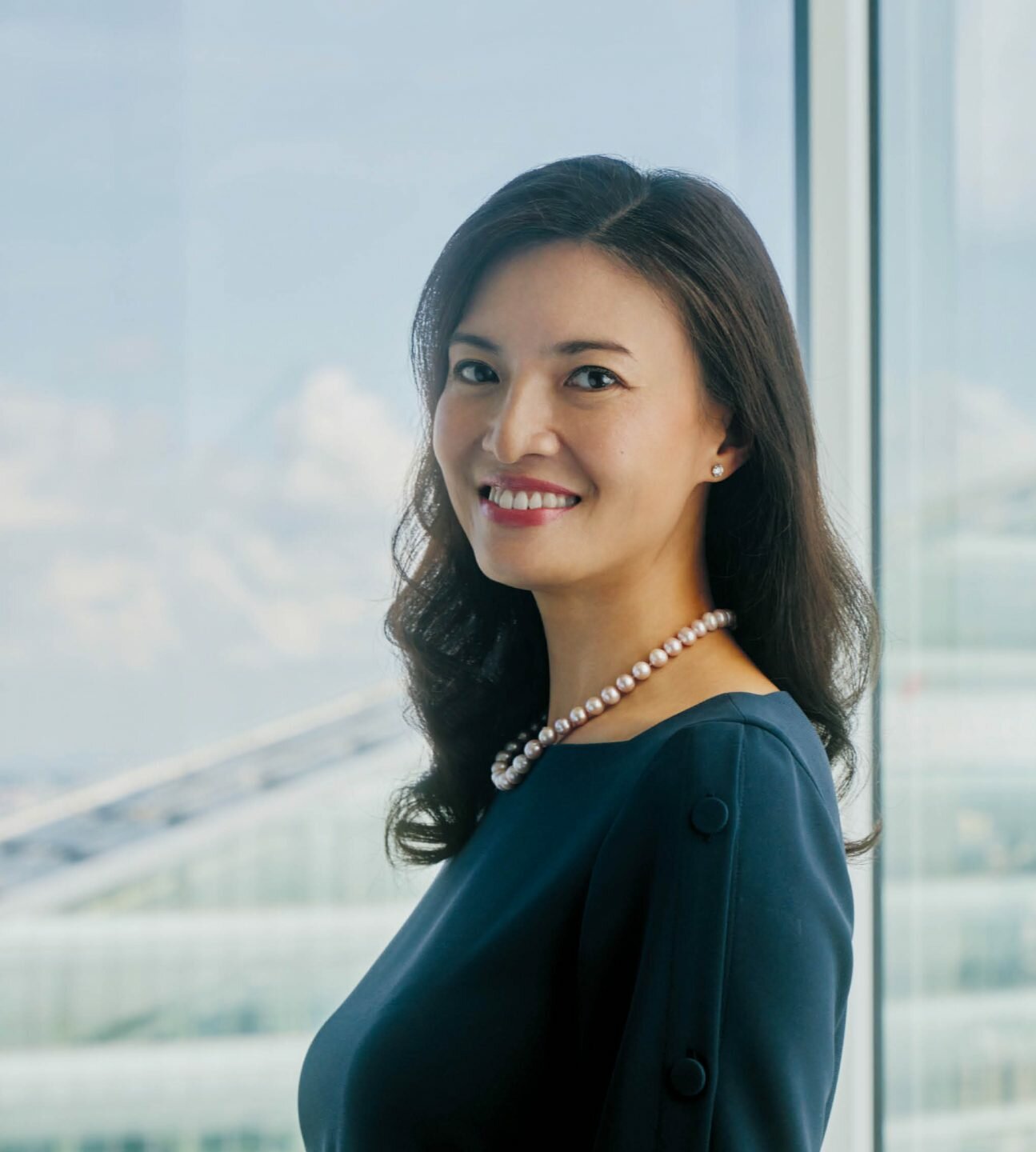The way Susan Sy sees it, wealth is the means to create great impact. And for the head of client services and philanthropy services (SEA) at UBS, this is a guiding principle she taps into when advising Ultra High Net Worth individuals and families on strategic philanthropy and legacy planning.
In a world trying to contain the coronavirus, how is legacy being redefined?
The Covid-19 pandemic gave people the opportunity to reflect and allowed more time to communicate more often with their family and friends. It got them thinking more deeply about their family, business, and wealth: where they are heading in the next decade? How will they get there? What do they have to do now?
All this led to more conversations about legacy planning and, for some, establishment of family offices. In Asia, legacy planning is just starting to become a topic of discussion among families. Many prominent families are mostly in their first and second generation, and still largely in control. However, there is a growing need to set up transition plans. Legacy planning is crucial as it allows families to define their purpose and pave the way for proper governance for successful transition to the next generation. And it’s always better to start planning early.
What role do you think women play in this transition?
One book I read by Japanese philosopher Daisaku Ikeda advises that women should shine like sun and be the sun of the family. I feel women play an invaluable role in keeping their family together and imparting values to family members. It’s very encouraging to observe that more families now involve both men and women during succession planning. Women and men equally take important roles in the family enterprises.
Your mother was an entrepreneur. How did that influence your decision to pursue your profession?
When my father passed away, my mother took over his garment factory, despite having no experience in running a business. She then decided it was not sustainable and started a catering business and became very successful at it. My mother worked hard to keep the family — I have three other sisters — together and united. I learnt from her the value of family, so I always advise clients that it’s important to have openness and trust among family members to ensure the effectiveness of succession planning. One more thing my mother taught me — it’s tough to be an entrepreneur!
Was giving back something you picked up from her?
Yes. My mother always made an effort to help others so she was my earliest role model of giving. She raised us to have compassion. This is something I try to impart to my daughter and son — Emma, who’s 10, and Andrew, seven. After she moved our family to Hong Kong during the 1990s, where she still lives, I started volunteering with different non-profits such as Soka Gakkai International and others in community work. As I became more active, I realised that if companies could help bring about positive change through their corporate social responsibility programmes, that’d be even better! That’s how I got into philanthropy. I have been fortunate to be able to, through my profession, enable families, investors and business owners to maximise their impact and make our world a better place.
Meanwhile, a vaccine for Covid-19 is now available.
I’m so excited about it because I hope that means we can resume some measure of mobility. I missed holidaying by the beach! And I’m looking forward to how the vaccine can help set the global economy on the road to recovery; as employment improves, people’s lives will improve. Community services may resume too, and that means more people who require help can receive it.
A version of this story first appeared in the January/February 2021 issue of A Magazine.
